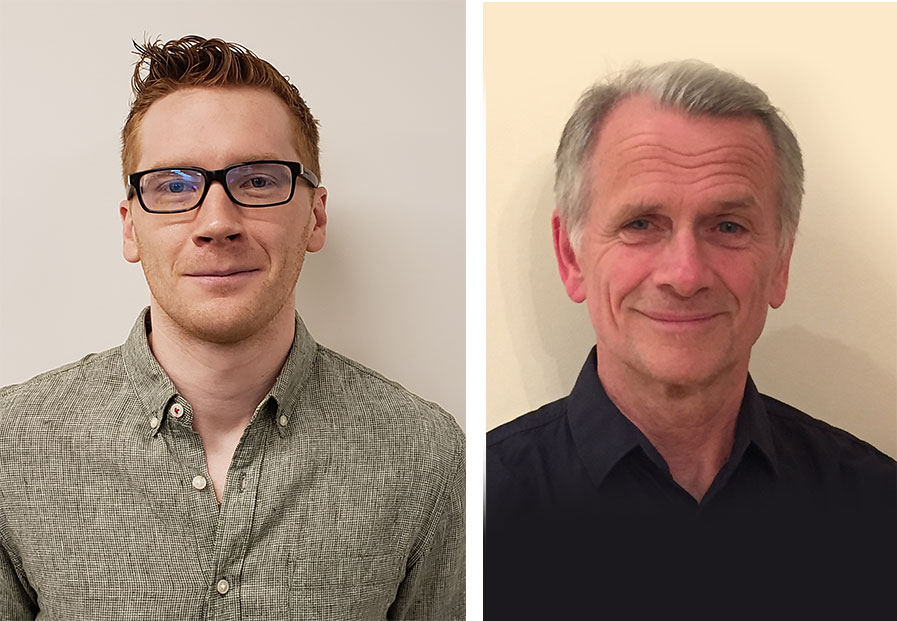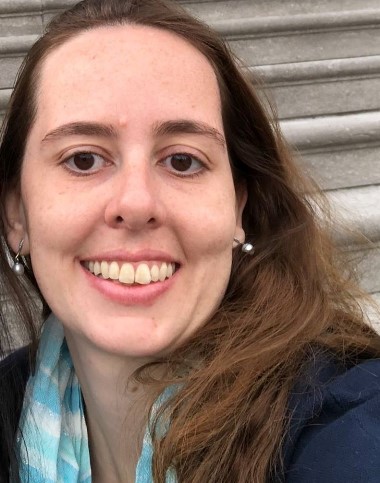Saliva samples for COVID-19 testing: as good as nasopharyngeal swabs, but cheaper
According to a new study by a group of researchers at the Research Institute of the McGill University Health Centre (RI-MUHC) and McGill University, saliva sampling should be considered as an alternative to nasopharyngeal swabs for detecting SARS-CoV-2 infection. Similarly sensitive, less costly and much more comfortable, this technique could benefit governments, the healthcare system and all individuals being tested.
Published in Annals of Internal Medicine, the study is a meta-analysis of 37 studies – comprising over 7,000 paired saliva and nasopharyngeal swab samples for SARS-CoV-2 detection - and an economic evaluation comparing both sample collection methods. The researchers found that the sensitivity of saliva vs nasopharyngeal swab samples was virtually identical. In addition, they estimated that using saliva-based sampling methods would save approximately $636,000 USD per 100,000 people sampled, free up healthcare professionals for essential tasks and result in savings on personal protective equipment and sample collection materials.

“Nasopharyngeal swabs are very sensitive, but they are time-consuming and require a trained health professional to administer. Saliva-based samples are as sensitive and much cheaper, while having the advantage of being self-collected. This removes the need for a trained health professional and reduces exposure risk,” explains the corresponding author of the study, Jonathon Campbell, a Postdoctoral Fellow at the RI-MUHC. “Adopting saliva-based sampling could free up much-needed health professionals for clinical care and vaccine administration, while maintaining the high level of testing necessary to keep up with the COVID-19 pandemic.”
“With over 75,000 tests being done per day in Canada, replacing nasopharyngeal swabs with saliva-based sampling methods would save half a million dollars every day,” emphasizes Dr. Dick Menzies, co-author of the study, Senior Scientist in the Translational Research in Respiratory Diseases Program at the RI-MUHC, Director of the McGill International TB Centre and Professor of Medicine at McGill.
The authors of the study cite other advantages of saliva tests such as reduced invasiveness and decreased need for specialized supplies.
“Saliva samples avoid supply bottlenecks and are much more comfortable than nasopharyngeal swabs, which is a big advantage when testing children,” says Dr. Mayara Bastos, lead author of the study and Postdoctoral Fellow at the RI-MUHC. “There is no reason not to take advantage of their benefits.”

About the study
The Sensitivity and Costs of Testing for SARS-CoV-2 Infection With Saliva Versus Nasopharyngeal Swabs: A Systematic Review and Meta-Analysis was conducted by Mayara Lisboa Bastos, MD, Sara Perlman-Arrow, Dick Menzies, MD, and Jonathon R. Campbell, PhD.
This work was supported by the McGill Interdisciplinary Initiative in Infection and Immunity (MI4) with seed funding from the MUHC Foundation.

